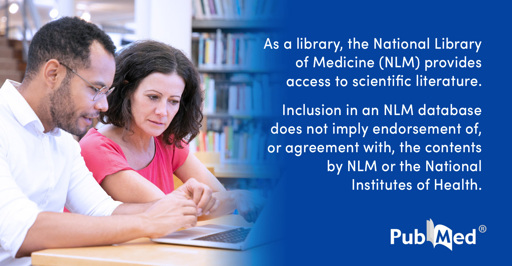Public Health Nutr. 2025 Sep 18:1-27. doi: 10.1017/S1368980025100943. Online ahead of print.
ABSTRACT
OBJECTIVE: Multiple sclerosis (MS) is a chronic neurodegenerative condition with increasing global prevalence. People living with multiple sclerosis (plwMS) have reported limited guidance relating to nutrition information. Paired with varied health literacy levels, this makes plwMS susceptible to nutrition misinformation.
DESIGN: A cross-sectional online social network analysis (SNA) examining nutrition information for MS.
SETTING: A systematic SNA using Twitter/X and YouTube platforms using NodeXL to summarise metrics. Quality was assessed using the QUEST tool. Content analysis of YouTube videos was synthesised into themes for misinformation.
PARTICIPANTS: Online publicly available social media user posts and video content.
RESULTS: Twitter/X SNA revealed keywords were used most by an account representing 72.8% of the user network with common diet mentions including Wahls (57 times), paleo (15 times) and ketogenic (11 times). ‘Favourite count’ metrics were strongly correlated with ‘repost count’ (r=0.83, p=0.000). Videos which endorsed a diet were more likely to have a lower QUEST score. User engagement metrics were higher for lower quality videos. The quality of online nutrition information relating to MS was moderate (61%). Physicians were the most likely source of nutrition information endorsing a diet for MS. The content analysis identified a knowledge gap for both medical professionals and plwMS.
CONCLUSIONS: Nutrition misinformation for MS occurs on social media and information quality is variable. Audiences need to be cautioned about users with large followings and evaluate the credibility of all information. This study reiterates the importance of evidence-based information for the MS community.
PMID:40964911 | DOI:10.1017/S1368980025100943
From ketogenic via this RSS feed


